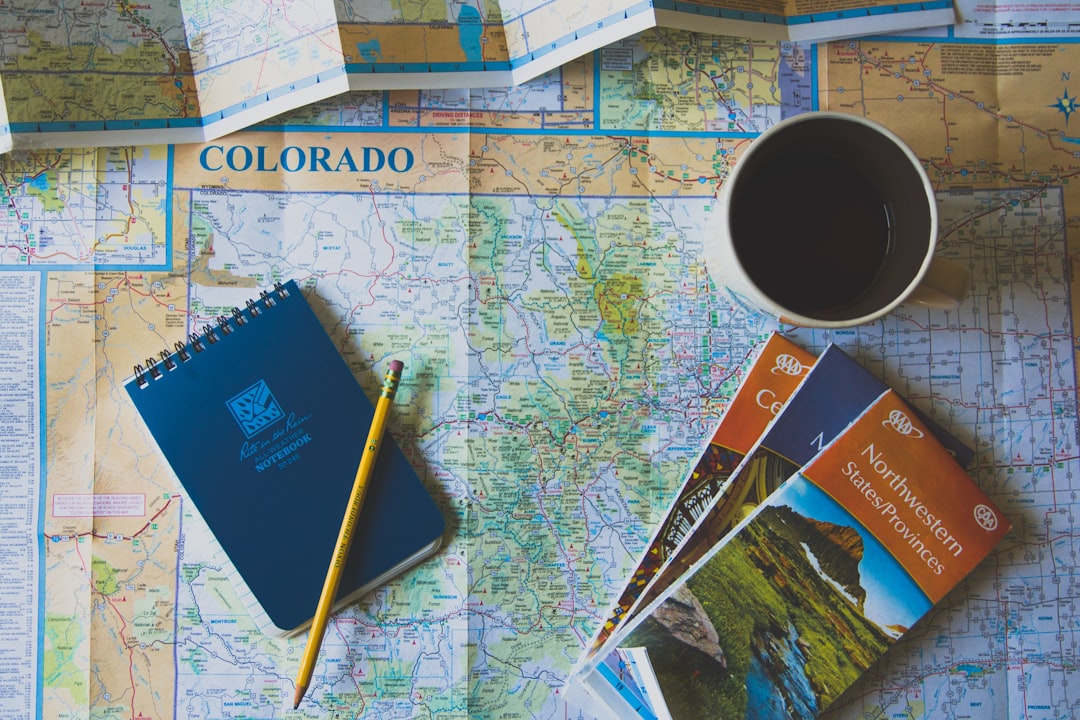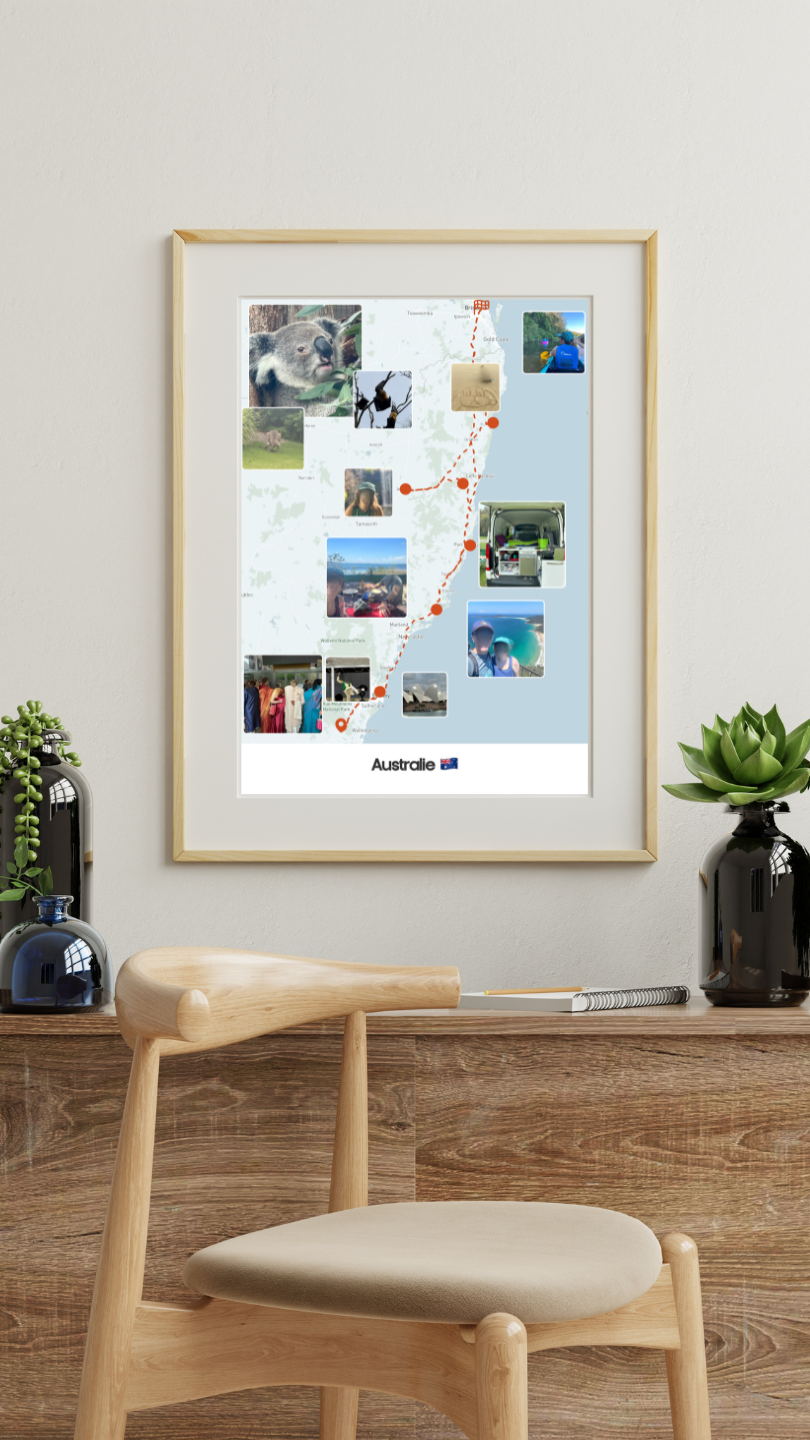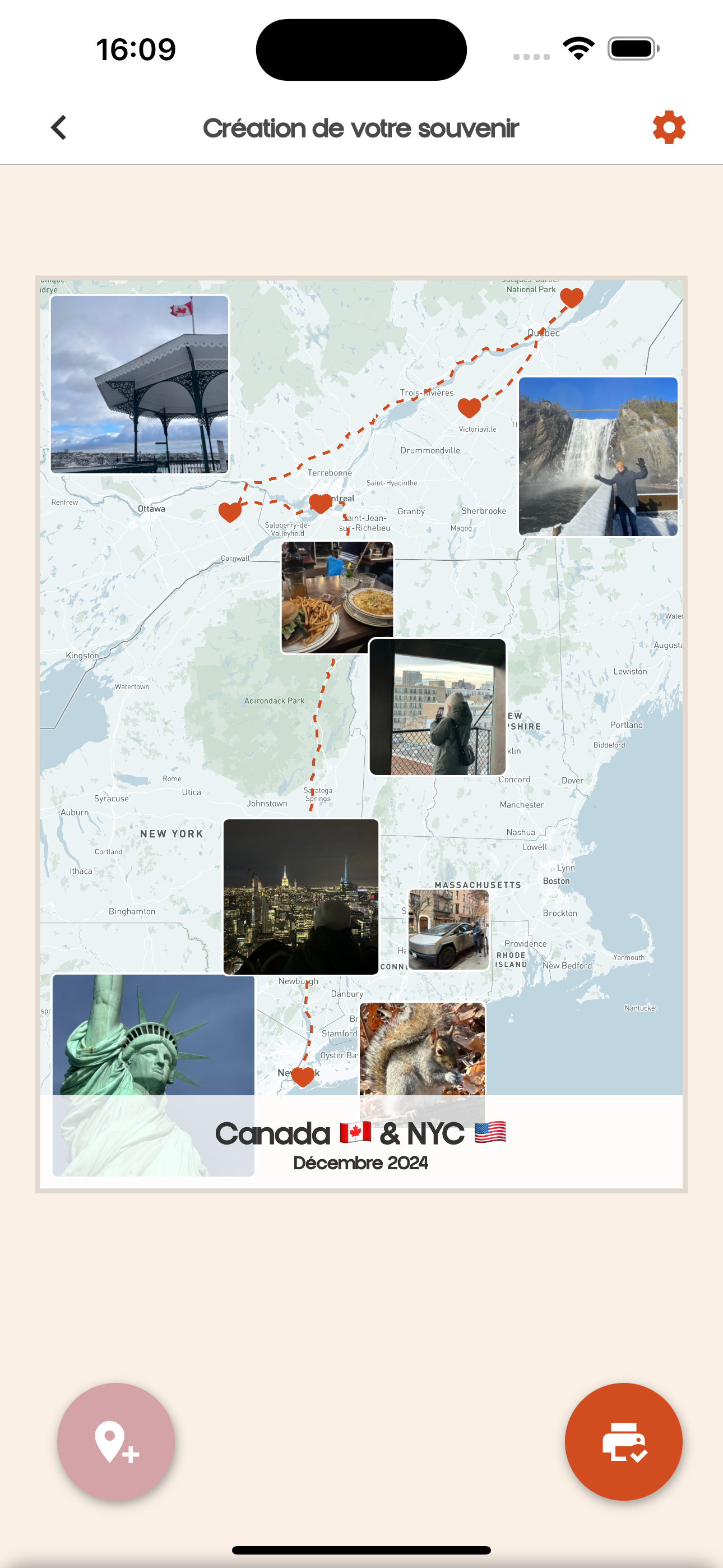When planning a trip, whether for work or leisure, it's essential to consider travel insurance. While it may not be a priority for many, unforeseen circumstances can arise, making certain protections necessary. So, what travel insurances are truly essential? This article will guide you through crucial choices for a worry-free journey.

Introduction - Understanding the Importance of Travel Insurance
Chapter 1 - Trip Cancellation Insurance: A Must-Have
Trip cancellation insurance is likely the most well-known and one of the most important coverages. It covers expenses incurred if you must cancel your trip due to medical, professional, or family reasons. Whether you've booked a flight or a hotel room, this coverage can save you from significant financial loss. Not having this insurance could mean losing your entire travel investment due to unforeseen events.
Chapter 2 - Overseas Health Insurance: Protect Your Health
When traveling, health insurance is essential, especially if you are heading to countries where healthcare costs are high. In case of illness or injury, you could face exorbitant medical expenses without insurance. This coverage also allows for medical repatriation if necessary, offering peace of mind for many travelers.
Chapter 3 - Liability Insurance: Often Overlooked Necessity
Liability insurance is often underestimated by travelers. It covers damages you might cause to others during your trip. Whether it's an accident in a hotel or an incident in a public place, this insurance can prevent you from incurring substantial repair costs. Before traveling, check if you are already covered by your home insurance.
Chapter 4 - Theft of Luggage Insurance: Protect Your Personal Effects
Luggage theft is an unfortunate but common occurrence. Having insurance that covers the theft or loss of your belongings is an excellent way to secure your investment. If your luggage is lost, this insurance helps cover the cost of replacing your personal items, allowing you to travel more confidently.
Chapter 5 - Travel Accident Insurance: Prepare for the Unforeseen
Accidents can happen at any moment, whether engaging in adventure sports or moving around unfamiliar places. Travel accident insurance will provide you financial protection in the event of an accident, covering medical expenses as well as potential income loss if you need to interrupt your trip for medical reasons.
Chapter 6 - Long-Term Travel Insurance: For Those Who Travel Far
If you are a frequent traveler or plan to be away for an extended period, long-term travel insurance may be an excellent option. It combines many protections found in standard policies, often at a lower price, saving you from buying insurance for each trip. It allows you to travel with peace of mind for the long term.
Chapter 7 - The Importance of Reading the Conditions: Avoid Surprises
It is crucial to read the fine print of all insurance policies you subscribe to. There may be exclusions or limitations that could impact your coverage. Ensure you fully understand what is included and what is not. This will prevent inconveniences in case of an insured event.
Chapter 8 - Comparing Insurance Offers: To Make the Right Choice
Before finalizing your insurance choice, it is wise to compare several offers. Prices can vary considerably from one insurer to another, as do the coverages offered. Utilize online comparison tools to help you find the insurance that best meets your needs without overspending.
Chapter 9 - Common Mistakes to Avoid: Be Aware of the Pitfalls
Several common mistakes can occur when purchasing travel insurance. Among them, failing to disclose risky activities can void your coverage. Research in detail all the implications of your contract and avoid being under-insured when you need it most.
Conclusion - Travel with Confidence: The Importance of Good Insurance
Ultimately, travel insurance represents an essential safeguard for exploring the world without worry. By choosing the right coverages, you ensure that you can handle any unforeseen situation without financial concern. Before setting off, reflect on your needs and choose your insurance wisely. ✈️
FAQ - What Travel Insurance is Really Necessary?
1. What is trip cancellation insurance?
Trip cancellation insurance is a financial protection that covers expenses incurred if you need to cancel your trip due to unforeseen events. This may include health issues, professional obligations, or family emergencies. By securing this coverage, you can avoid losing a significant amount of your travel investment. Conditions vary from one insurer to another, and it's essential to read the exclusions of the policy to understand in what scenarios you are protected.
2. Is overseas health insurance necessary?
Yes, overseas health insurance is highly recommended, especially if you are traveling to countries with high healthcare costs. If you fall ill or suffer an injury during your trip, this insurance can cover your medical expenses and protect you from unexpected financial burdens. Furthermore, health insurance may also include coverage for medical repatriation, meaning you could be transported back to your home country if necessary for treatment.
3. What types of damages does liability insurance cover?
Liability insurance covers damages you may cause to others during your trip. This can include bodily injury or property damage. For example, if you accidentally damage someone else's property or if someone gets injured due to your negligence, this insurance can protect you financially. It's often included in other insurance policies, but it's essential to check if you are already covered before traveling.
4. How can I know if I have coverage for stolen luggage?
To determine if you are covered for stolen luggage, read the terms of your insurance contract or check with your insurer. Many policies offer coverage for loss, theft, or damage to your belongings while traveling. If your luggage is stolen, you should be able to file a claim by providing purchase proofs and police reports. If you're unsure about your coverage, consider adding specific protection for theft and loss of luggage before traveling.
5. What activities are typically covered by travel accident insurance?
The activities covered by travel accident insurance vary depending on policies. Most policies include accidents related to common activities like hiking, cycling, and swimming. However, riskier activities like skiing, scuba diving, or extreme sports may require additional insurance. Before traveling, it’s crucial to check that your planned activities are covered by the policy you choose.
6. Are there long-term travel insurance policies?
Yes, there are travel insurance policies dedicated to frequent travelers or those who plan extended stays. These policies are generally more economical than purchasing insurance for each individual trip. They provide coverage for multiple trips within a given time frame and for extended periods. Be sure to check the insurer's terms, as coverage amounts and duration limits can vary.
7. What are common pitfalls to avoid when purchasing travel insurance?
When purchasing travel insurance, various common mistakes can lead to disastrous consequences. Failing to disclose risky activities, not reading the terms carefully, or not understanding what is actually covered are all errors to avoid. It’s also common to wait until the last minute to acquire insurance, leading to higher costs or coverage exclusions. Take the time to understand your needs and assess offers before settling on an insurance policy.
8. Are travel insurance comparison sites reliable?
Travel insurance comparison sites can be very helpful in finding the insurance that best suits your needs in terms of coverage and price. However, keep in mind that not all comparison sites cover all companies, and some may display biased results. It’s advisable to consult multiple comparison sites, read customer reviews, and check directly with insurers for accurate information. This approach will enable you to make an informed choice.
9. What should I do in the event of a claim while traveling?
If you experience a claim while traveling, the first step is to contact your insurance company as soon as possible to report the incident. You will need to follow their instructions regarding the necessary documentation to file a claim, which may include police reports, receipts, and medical evidence. Be prepared to provide detailed information about the event to facilitate the processing of your claim. Ensure that you comply with the reporting deadlines specified in your contract to guarantee reimbursement.
10. What is the best way to choose travel insurance?
To choose the best travel insurance, start by evaluating your specific needs. Consider the type of trip you will be taking, your destination, and the activities you plan to engage in. Then, compare insurance offers taking into account coverage, exclusions, and costs. Also, consult customer reviews to gain insights into the quality of the insurer's customer service. Don’t hesitate to ask questions to clarify your doubts before finalizing your choice.






